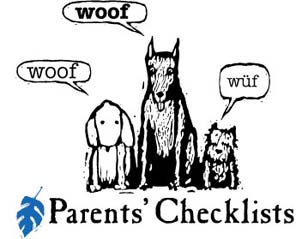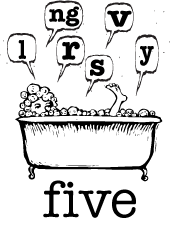
|
Average Age by Which Sounds Have Been Acquired
Phonological Processes are patterns of sounds errors, substitutions, or omissions. The following are some of the developmental phonological processes that are typically suppressed by the following ages. Before age 3 Deletion of Initial Consonants "ouse" for "house" Deletion of Final Consonants "cu" for "cup" Syllable Deletion "puter" for "computer" Before age 4 Fronting "tan" for "can" Before age 5 Stopping "tun" for "sun" Consonant Cluster Reduction "top" for "stop" The above information is an estimate of sound development. Additional factors are considered when determining if your child has a speech disorder. Contact Austin Area Speech and Language at (512)327-2083 for additional information or to schedule a speech and language evaluation. Milestones of Communication Development
|
austin speech therapy, austin speech therapists, speech therapy, speech therapy austin, speechtherapyaustin, speechtherapistaustin, speech therapist austin, speechtherapistsaustin, speech therapists austin,austin. About Austin Area Speech & Language Services located in Austin, Texas. Austin Area Speech & Language Services is a private practice serving a variety of populations with articulation, language, fluency, voice and oral-motor difficulties. All of our providers hold Masters degrees in Communication Sciences and Disorders and are "certified clinically competent" by the American Speech-Language and Hearing Association.



